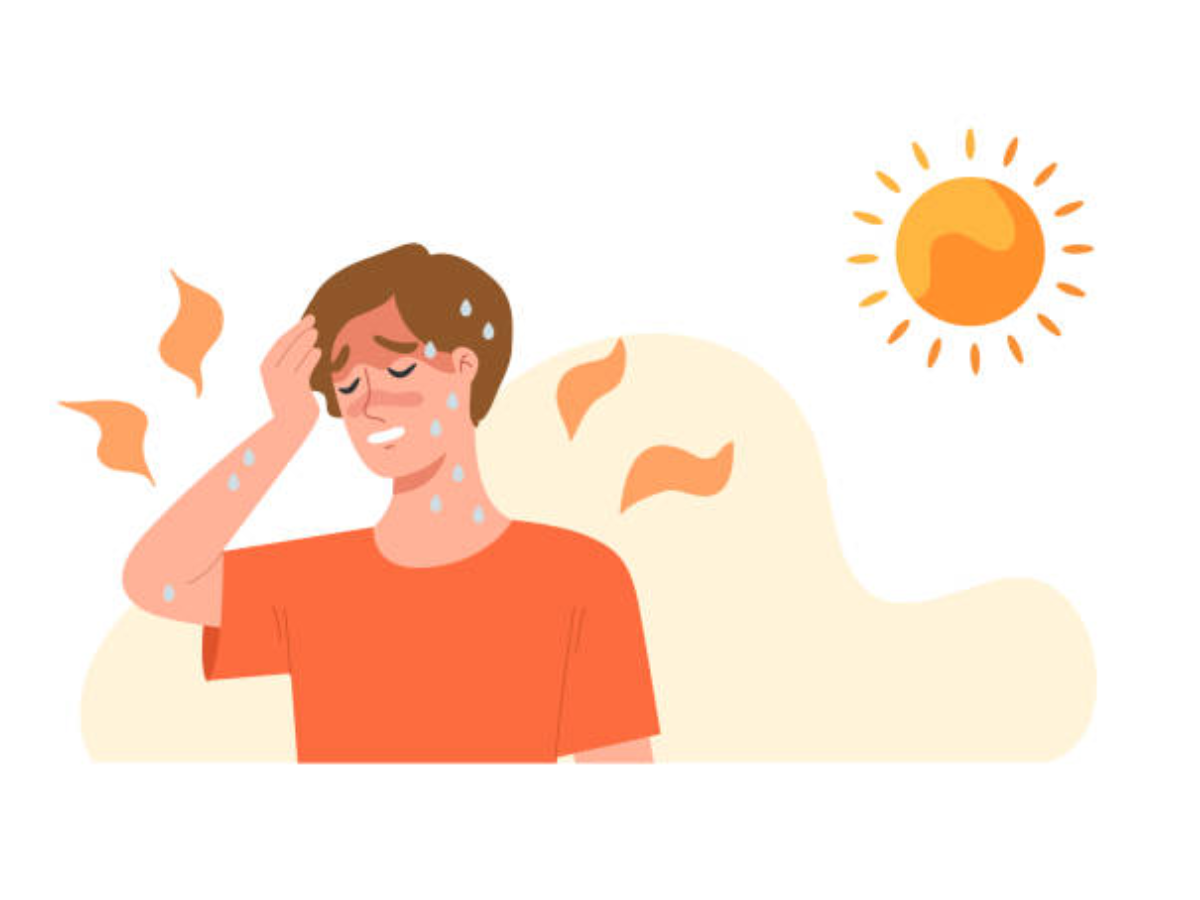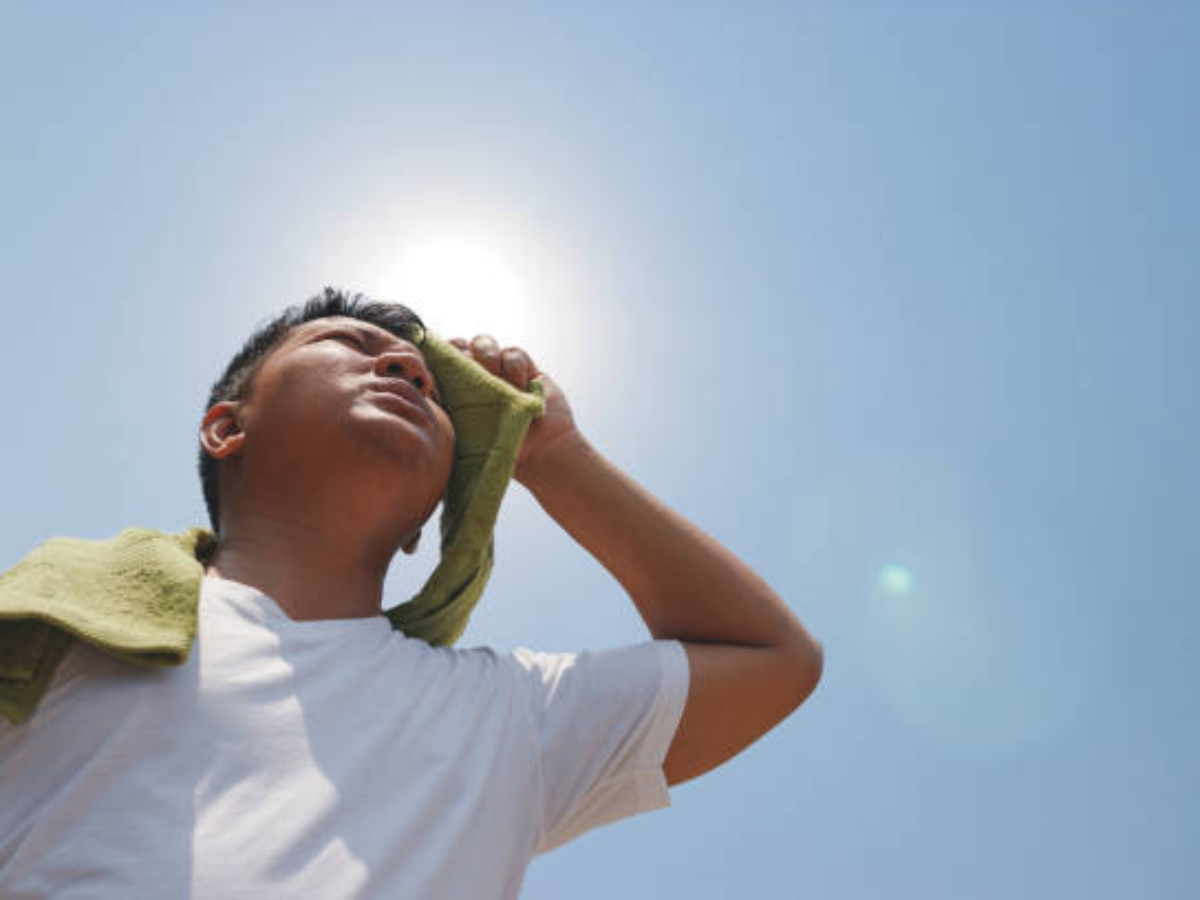Preventing heatstroke, particularly in individuals with underlying health conditions, involves several proactive strategies:
Maintaining adequate hydration is crucial. Drinking plenty of water and avoiding beverages that can lead to dehydration, such as alcohol and caffeinated drinks, is essential. For individuals on diuretics or other medications affecting hydration, consulting with a healthcare provider about fluid intake is important.
Individuals on medications that affect heat regulation should consult their healthcare providers during heatwaves. Adjustments in medication or additional monitoring might be necessary.
Staying in cool environments during peak heat hours, using fans or air conditioning, and taking cool showers can help regulate body temperature. Wearing lightweight, loose-fitting clothing also aids in heat dissipation.
Gradually increasing exposure to heat can help the body adapt. This is particularly important for individuals planning to engage in outdoor activities or exercise during hot weather.
Regular monitoring and management of underlying health conditions, such as hypertension and diabetes, are essential. Keeping these conditions well-controlled can reduce the risk of heatstroke.
Eating light meals and avoiding heavy, protein-rich foods that increase metabolic heat production can help keep body temperature down. Including hydrating foods like fruits and vegetables is beneficial.
Utilizing cooling towels, ice packs, and personal misting devices can provide immediate relief from heat. These aids can be particularly useful during outdoor activities.
Regular health check-ups can help detect any potential risk factors for heat-related illnesses. Discussing any concerns with healthcare providers can lead to personalized strategies for heatwave management.
Source link
Modified by Maaaty at Cheap Generic Pharmacy


